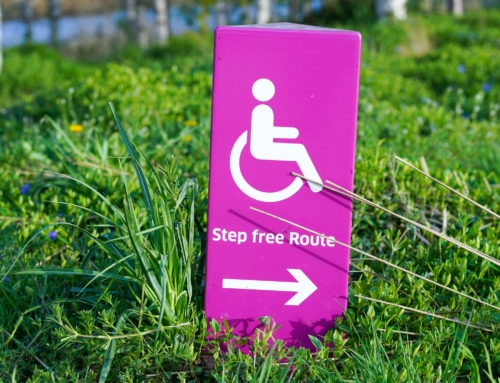This post was originally published by The Mighty. (Find it here.)

As a pastor of a church, one of the biggest changes during the COVID-19 pandemic has been the switch from in-person to online worship services. We have gone back and forth between online-only and a mix of in-person and online. But the online component has remained consistent.
However, not everyone wants it that way. During a meeting after we had returned to our church building, one member of our congregation urged us to stop doing online services. She feared that people would take the “easy option” and watch church at home rather than come to the building.
While I appreciate her zeal for in-person attendance, our online services have been a blessing to many, including those with disabilities.
In addition to being a pastor, I am the father of two children with autism. They live in a group home two hours away and we have not been able to see them nearly as often as we would have liked. But my son regularly watches our church services on his tablet. It gives him a way to express his faith and lets him see Dad a bit more than he normally would.
I talked to a man with significant hearing impairments. He confessed that he normally got little out of church because he could not hear what was going on. But since his church went online, he is able to hear the worship services for the first time because of his headphones and his control over the volume.
There are those with social anxiety who cannot stand to be in large gatherings and thus find church to be unbearable. Online services mean they can be alone, sing the songs and listen to the sermon.
I recently heard a pastor say that now the pandemic is winding down (at least in his area), he cannot wait to “ditch the camera.” My plea is that congregations will continue to have online worship services long after the pandemic is over. Online services have added a new level of accessibility that has been much needed.


